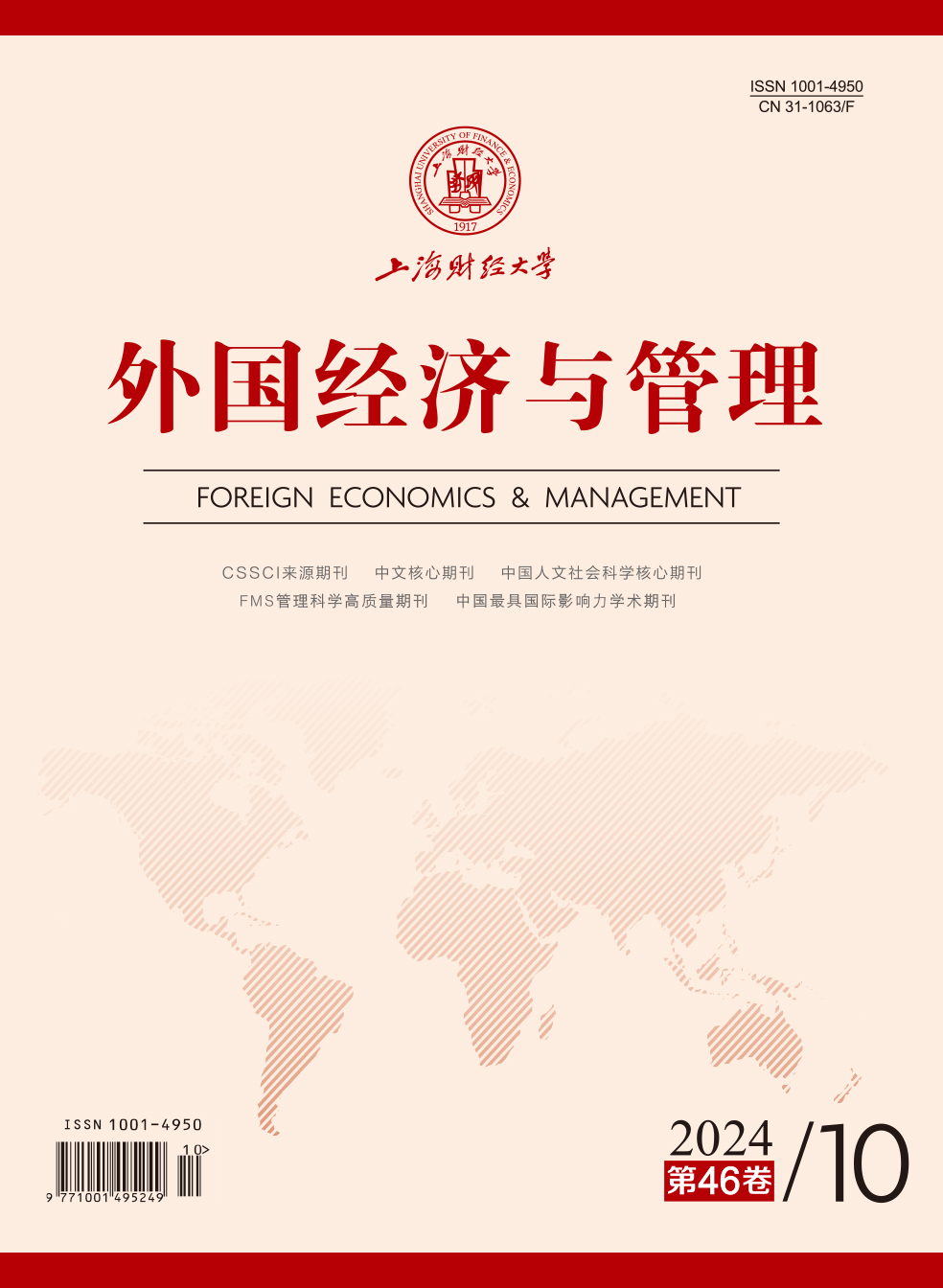Based on the micro data of A-share listed companies from 2011 to 2021, this paper explores the impact of digital intelligence on female leadership appointment and its mechanism. The results indicate that: (1) The process of digital intelligence in enterprises exerts an inhibitory effect on female leadership appointment. (2) This effect mainly stems from the gender digital divide caused by “injustice” in career development. Women are less likely to engage in R&D and technical positions in early career development, resulting in a lack of digital skills and technical background, which in turn leads to a disadvantage in leadership selection and appointment in the context of digital intelligence. (3) The “bias” against female leadership arising from incongruities between traditional gender expectations and leadership roles is not the direct reason for the decrease in opportunities for female leadership appointment; the elimination of gender differences brought about by digital technology and the advantage of female gender skills do not play a role in increasing the proportion of female leaders in enterprises. The conclusions reveal the reasons for the differences in the appointment of male and female leaders in the process of digital intelligence, providing important insights for promoting gender equality in leadership.
 / Journals / Foreign Economics & Management
/ Journals / Foreign Economics & ManagementForeign Economics & Management
JIN Yuying, Editor-in-Chief
ZhengChunrong, Vice Executive Editor-in-Chief
YinHuifang HeXiaogang LiuJianguo, Vice Editor-in-Chief
Difference, Bias, or Injustice: The Impact of Firms’ Digital Intelligence on the Appointment of Female Leaders
Foreign Economics & Management Vol. 46, Issue 10, pp. 39 - 54 (2024) DOI:10.16538/j.cnki.fem.20240901.105
Summary
References
Summary
Cite this article
Duan Ruikun, Wu Yiqi. Difference, Bias, or Injustice: The Impact of Firms’ Digital Intelligence on the Appointment of Female Leaders[J]. Foreign Economics & Management, 2024, 46(10): 39-54.
Export Citations as:
For




 4251
4251  5090
5090

